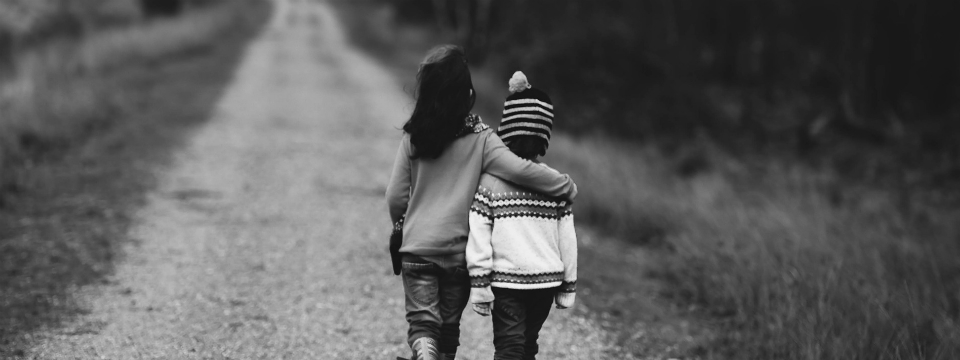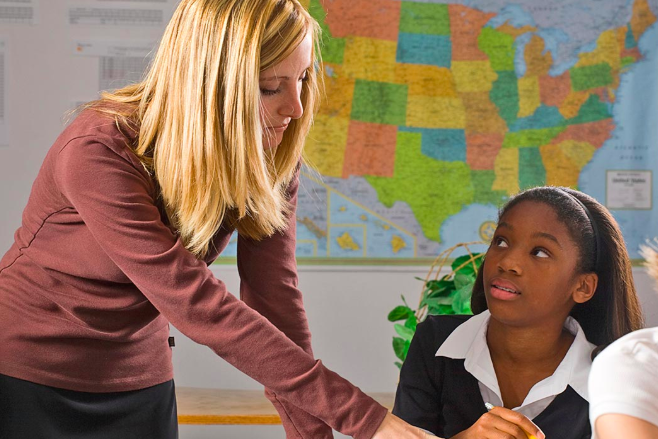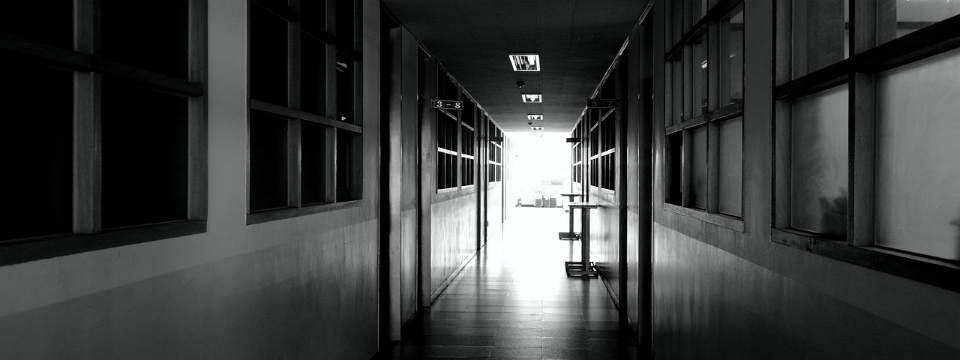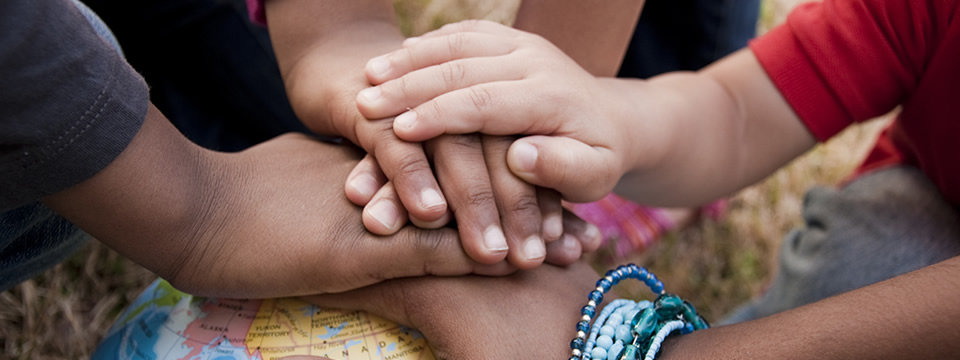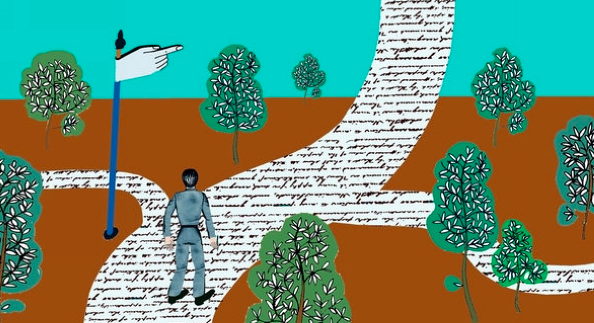The many mentors of Steve Carell
 My second-grade teacher was named Mr. Blackman, and he pretty much sent me on my way as an actor. I remember we were doing the Indians and the Pilgrims at Plymouth Rock. I was a Native American in a canoe, and I was rowing. It was all mime. And I remember rowing and then switching the oar and rowing on the other side. And Mr. Blackman—the first time this ever happened to me—pointed it out and said, “You see what Steve did? He rowed on both sides of the canoe so he wouldn’t go in a circle.” Having that recognition so early, something clicked in my brainMr. Blackman’s son contacted me recently, because his father recently past away. Mr. Blackman had kept a poem that I wrote in second grade. All of these years, he just kept it. And it was the only year that he ever taught, because he was a law student, and he just took the year off to teach second grade for one year, then he went on to become a very high profile attorney. I had no idea he kept this little poem that I wrote. His son sent it to me. I can’t remember exactly what it said, but it was something about Jennifer’s crayons—Jennifer was the girl who sat next to me—you know, “I am Jennifer’s crayon.” “I have chew marks all over me.” And the last line was something like, “Hey, life is tough, you know?” And for some reason, that just really struck a cord in Mr. Blackman.
My second-grade teacher was named Mr. Blackman, and he pretty much sent me on my way as an actor. I remember we were doing the Indians and the Pilgrims at Plymouth Rock. I was a Native American in a canoe, and I was rowing. It was all mime. And I remember rowing and then switching the oar and rowing on the other side. And Mr. Blackman—the first time this ever happened to me—pointed it out and said, “You see what Steve did? He rowed on both sides of the canoe so he wouldn’t go in a circle.” Having that recognition so early, something clicked in my brainMr. Blackman’s son contacted me recently, because his father recently past away. Mr. Blackman had kept a poem that I wrote in second grade. All of these years, he just kept it. And it was the only year that he ever taught, because he was a law student, and he just took the year off to teach second grade for one year, then he went on to become a very high profile attorney. I had no idea he kept this little poem that I wrote. His son sent it to me. I can’t remember exactly what it said, but it was something about Jennifer’s crayons—Jennifer was the girl who sat next to me—you know, “I am Jennifer’s crayon.” “I have chew marks all over me.” And the last line was something like, “Hey, life is tough, you know?” And for some reason, that just really struck a cord in Mr. Blackman.
My parents are both eighty-nine right now—or just about to turn eighty-nine. They were Depression-era kids. A lot of people had rough lives back then, and they were no exception. They have a tenacity and a resolve that I see in very few people. It’s something I’ve always appreciated.
They’re also not complainers. I remember talking to my dad about problems. Problems with money, or problems with, you know, just growing up. My dad has a very stoic approach to most things. Both of them do. It was very simplistic: Pull yourself up from the bootstraps. I don’t know if they ever used that analogy, but that was their mantra. You just do your best, and you get over it, and if there’s adversity, complaining about it is just a time-waster.
I was planning on going to law school. That was what I thought my trajectory was. And I’ll never forget: I was having some serious doubts about why I wanted to be an attorney, and they sat me down and basically convinced me to become an actor. I thought that it would be the opposite, especially with where they came from and what seemed to be important to them. But I sat down, and they made a list of all the things that I’d enjoyed doing in my life. And it was, again, very simplistic, very pragmatic. I was a hockey player. “Are you going to try to be a professional hockey player? Maybe not.” But acting and writing were always elements that came to the top. And so they said, “That’s what you should do.” They said, “It’s your life. You need to live it for yourself. You need to be happy in it. And you need to have a job where you go in every day and you love it.”
Alan Arkin has become a mentor to me. He said something really interesting: “People already know that you’re nice. You don’t have to do things to prove that you’re nice if it’s not what you want to do, or you don’t think it’s right for you. That’s just taking care of yourself.” So, that was an Alan Arkin name-drop
You lead by example. I don’t think you choose necessarily to be a mentor. I think you just are. I hope I can be that. I hope I have been that for people. I hope I’ve impacted millions of lives! I don’t know. But I think if I can integrate the things that I learned from all of those people, then chances are it’s going to trickle down to somebody else through me. I hope. We’ll see
From Esquire Magazine’s Mentoring Project
See video


